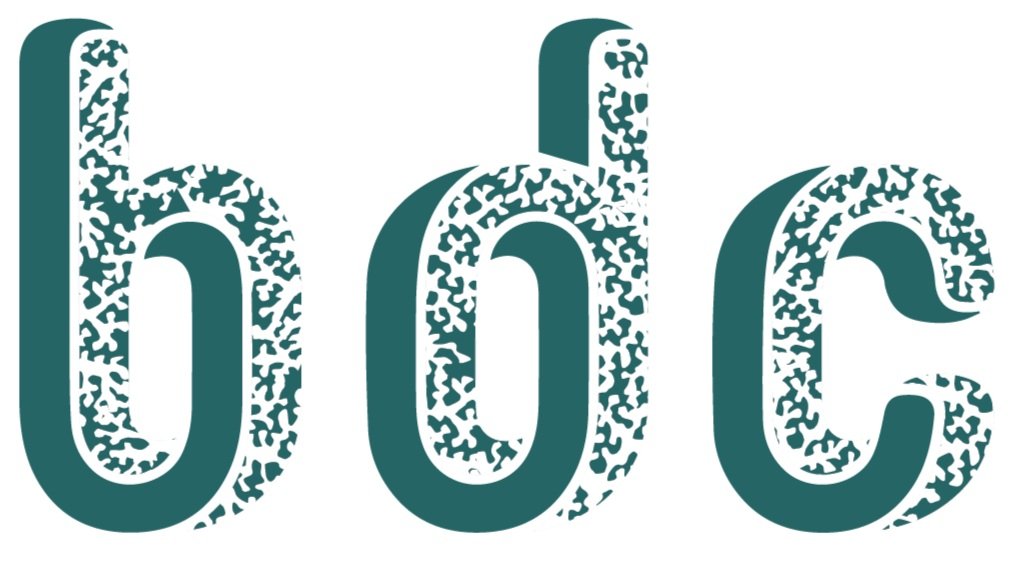The University of British Columbia
&
Emily Carr University of Art & Design
Projects | 2019
Cellulo-City
Rain Chen, Joe Ho, Avery Noonan, Tosin Odugbemi, Taryn Sheppard, Emma Soares, Damien Stonick
Cellulo-City seeks to address soaring plastic pollution with cellulose-based wraps, sheets, and films that are amenable to composting. Films indicate temperature changes, tampering, spoilage, and when packages should be composted.
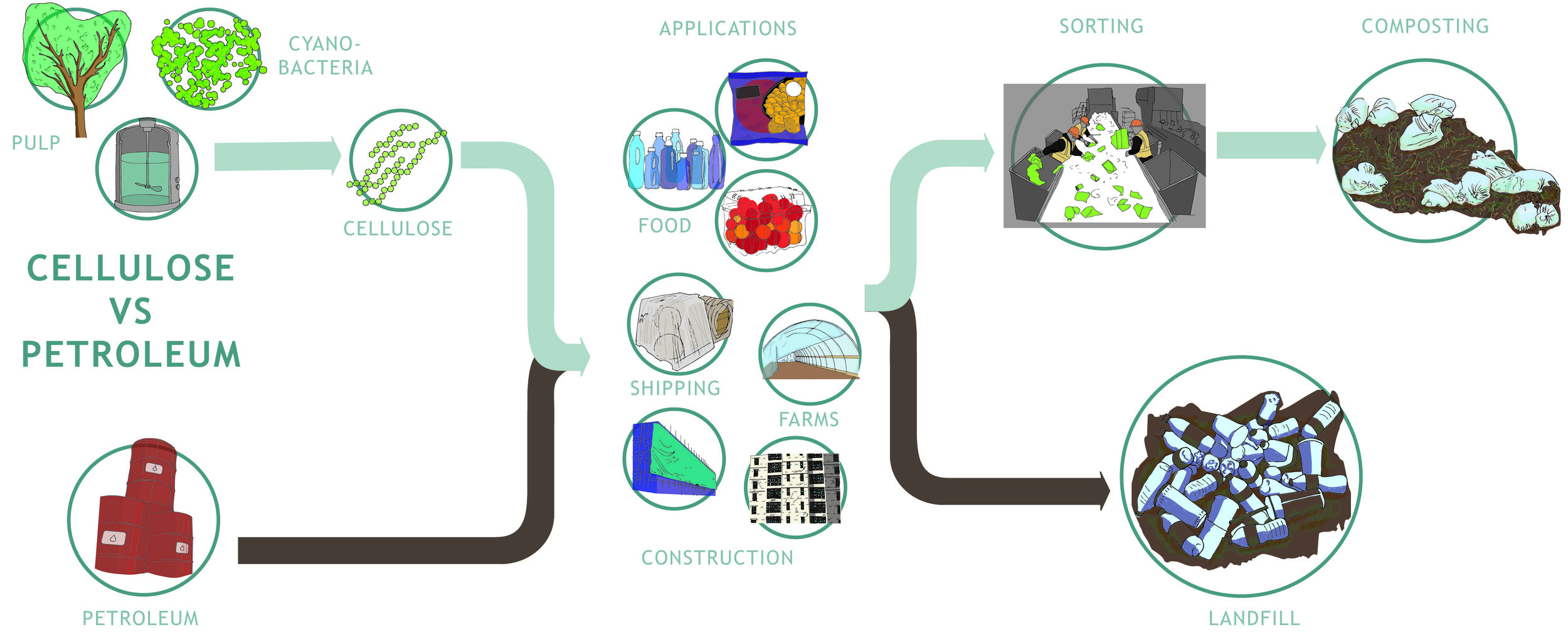
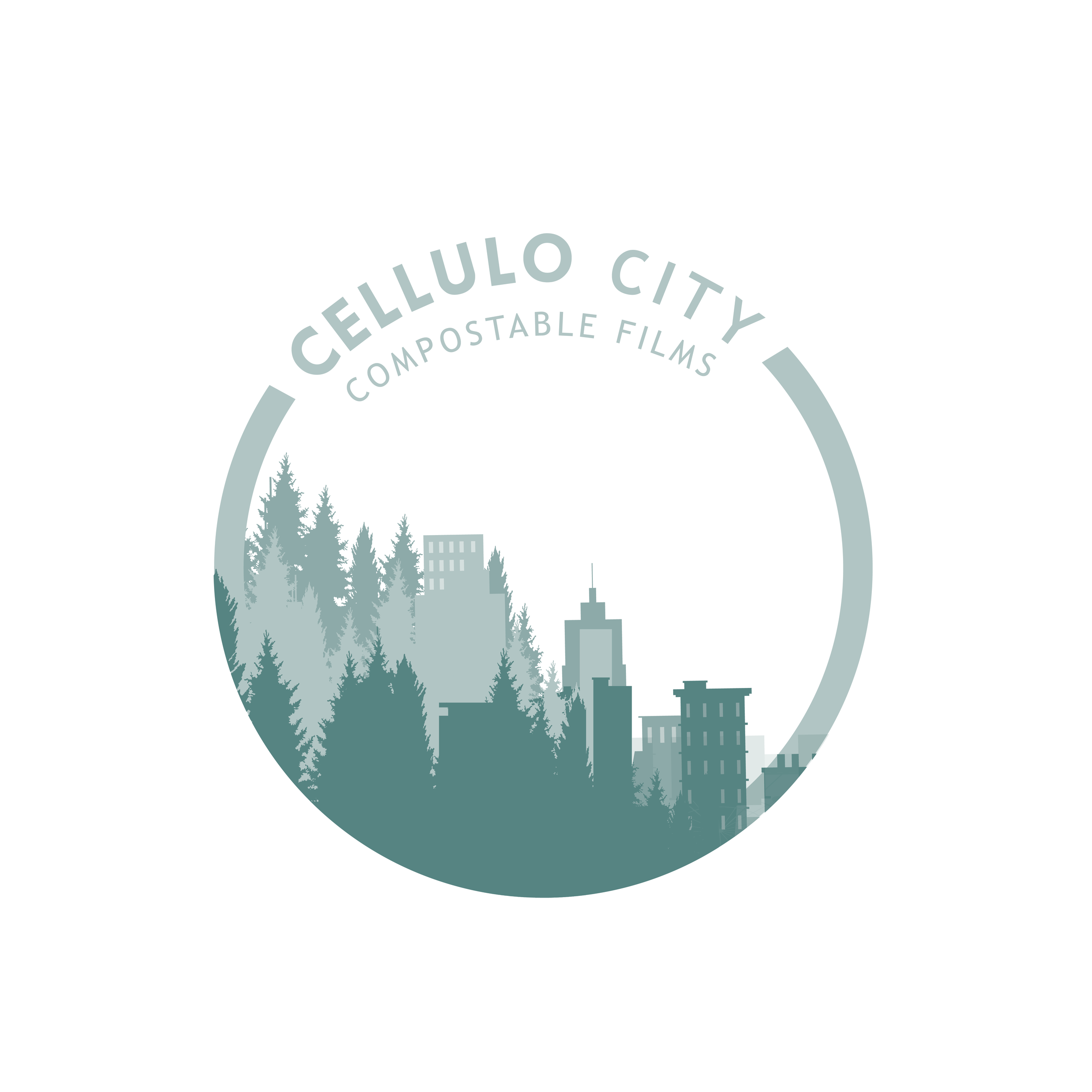
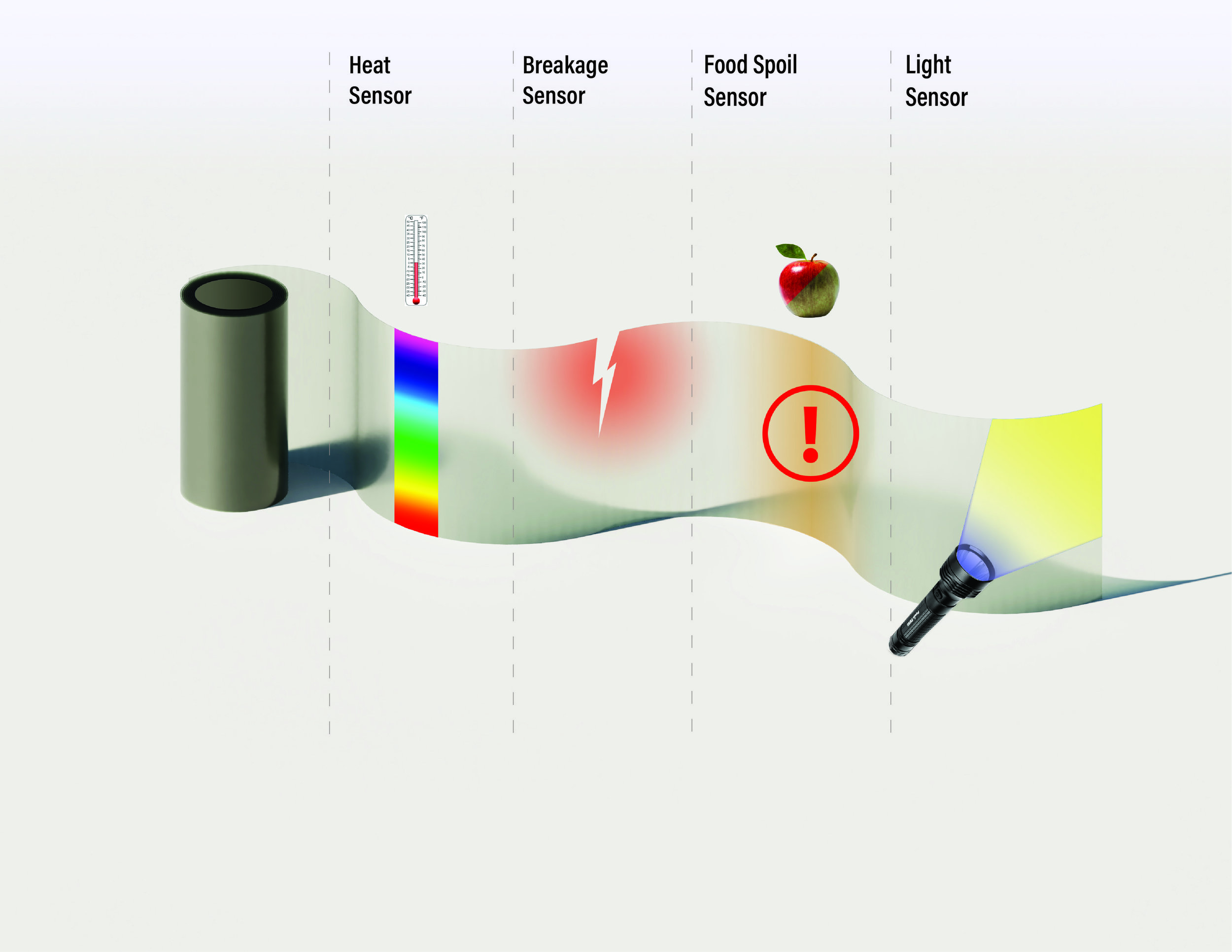
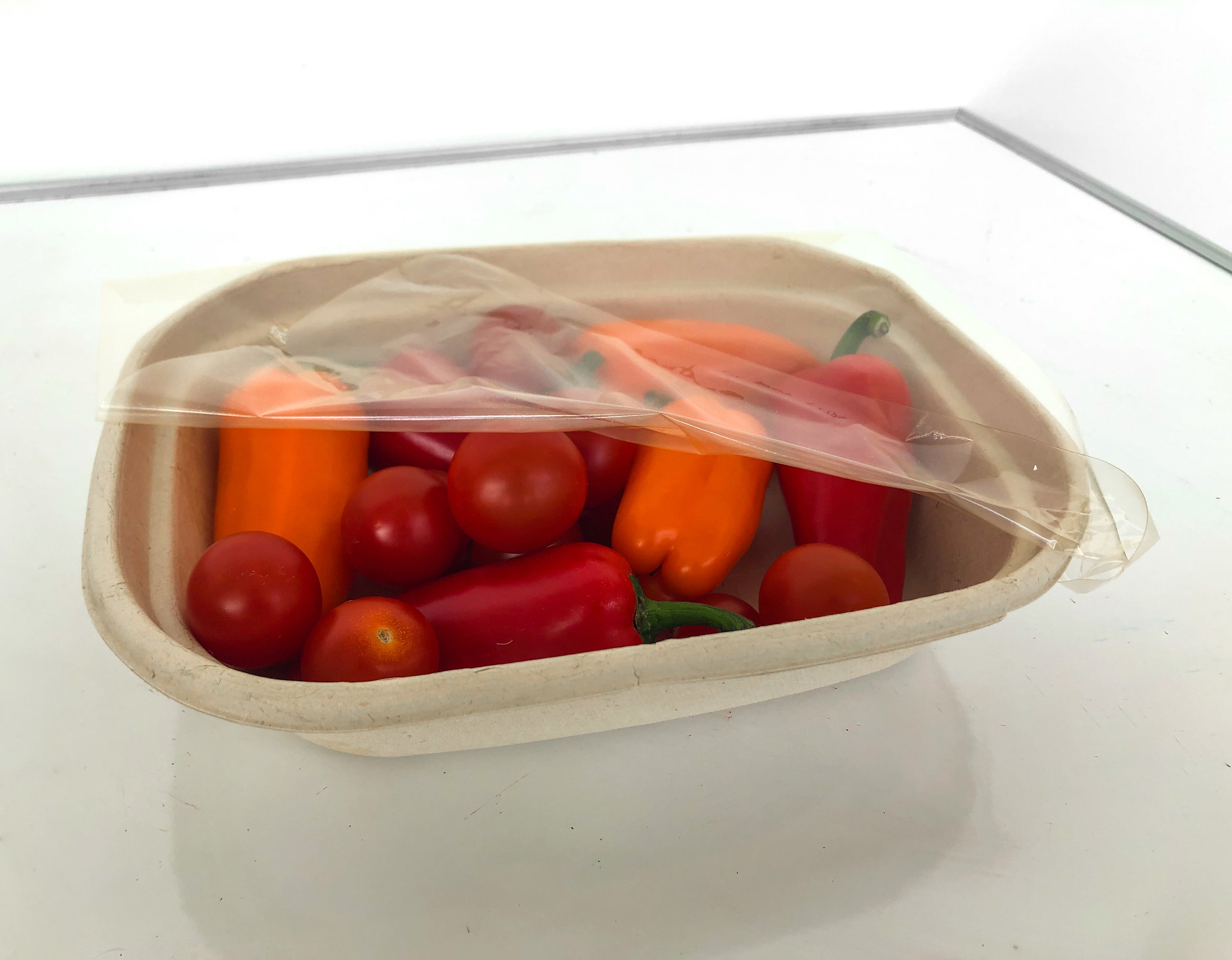

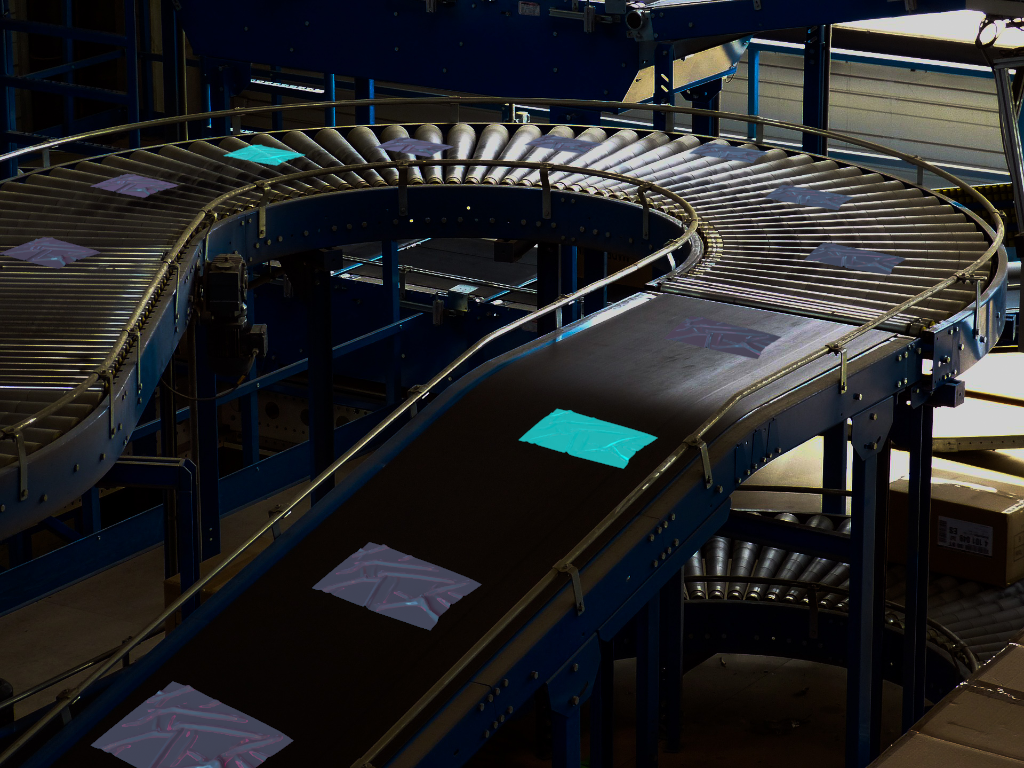
instructorS
Dr. Steven Hallam
Dr. Steven Hallam is a Professor of Microbiology and Immunology at the Peter Wall Institute for Advanced Studies. Dr. Hallam is a University of California, Santa Cruz and MIT trained molecular biologist, microbial ecologist, entrepreneur, and innovator with over 20 years experience in field and laboratory research at disciplinary interfaces.
Dr. Hallam’s current research intersects microbial ecology, biological engineering, and bioinformatics with specific emphasis on the creation of functional screens and computational tools that reveal hidden metabolic powers of uncultivated microbial communities. His laboratory has developed MetaPathways, a modular annotation and analysis pipeline to predict metabolic interactions from environmental sequence information.
Trish Kelly
Trish Kelly is an Associate Professor of Critical + Cultural Studies and Associate Dean of the Faculty of Culture + Community at Emily Carr University. With a PhD in Art History from the University of British Columbia, she has published in various peer-reviewed venues (Art Journal, American Art, and The Sixties: A Journal of History, Politics, and Culture), on a range of topics including Minimal Art, art and politics in Chicago in the 1960s, US print culture of the early 19th C, and mapping strategies in contemporary art. Currently she is working on a book project titled On-Site: Art, Politics, and Viewers (New York, circa 1970) exploring the possibilities of critical engagement initiated through new models of exhibition and display, as well as various research and curatorial projects exploring duration and memory, alternative art networks, and social practice in contemporary art.
